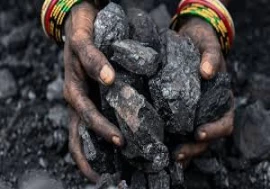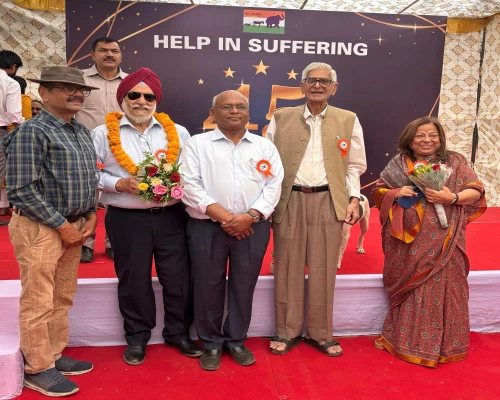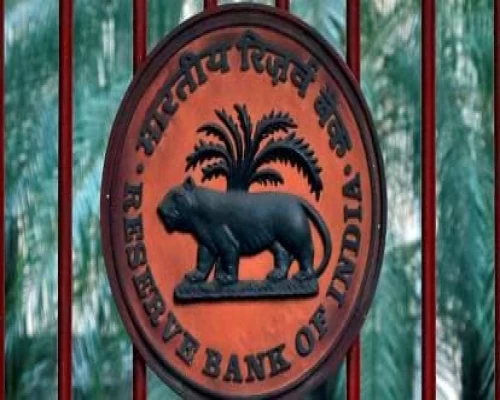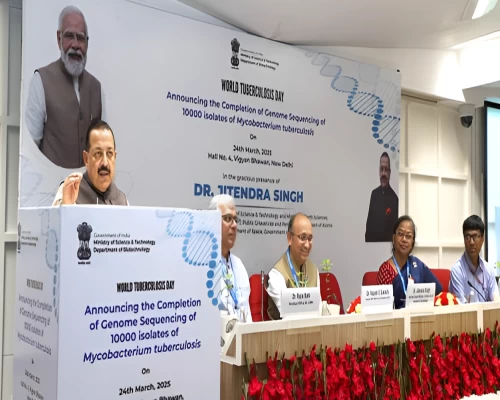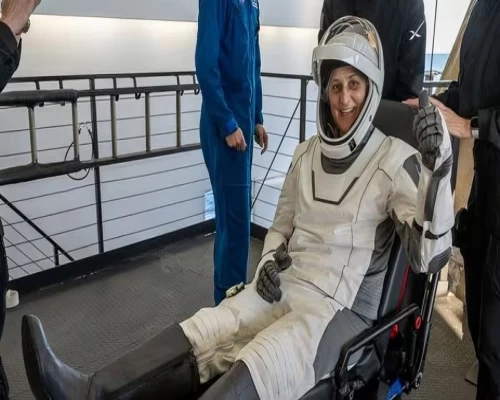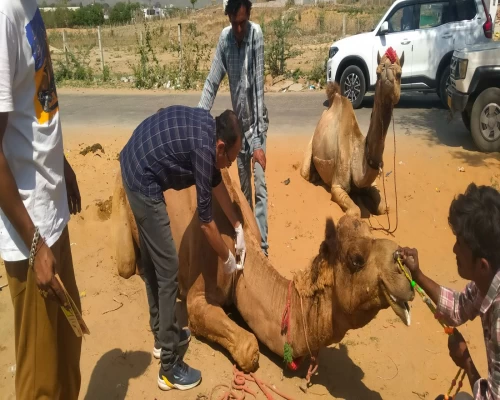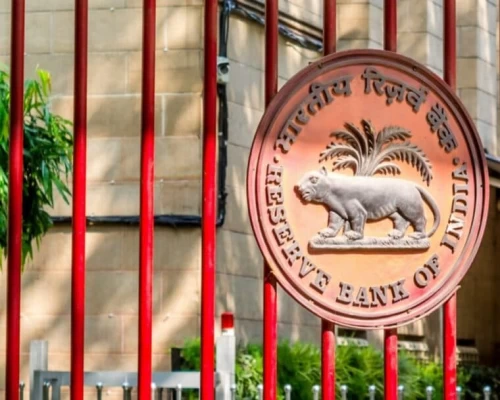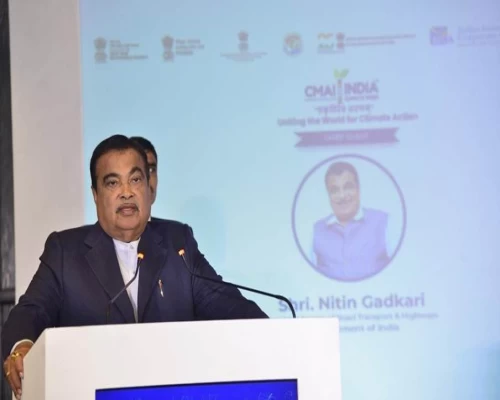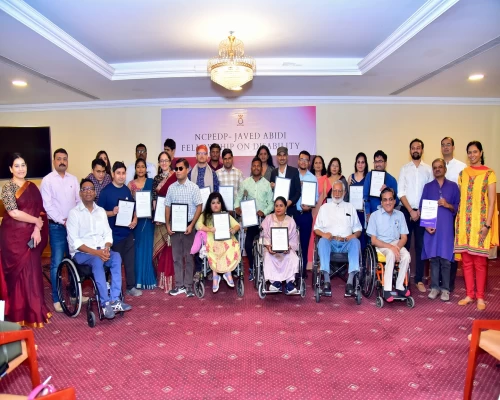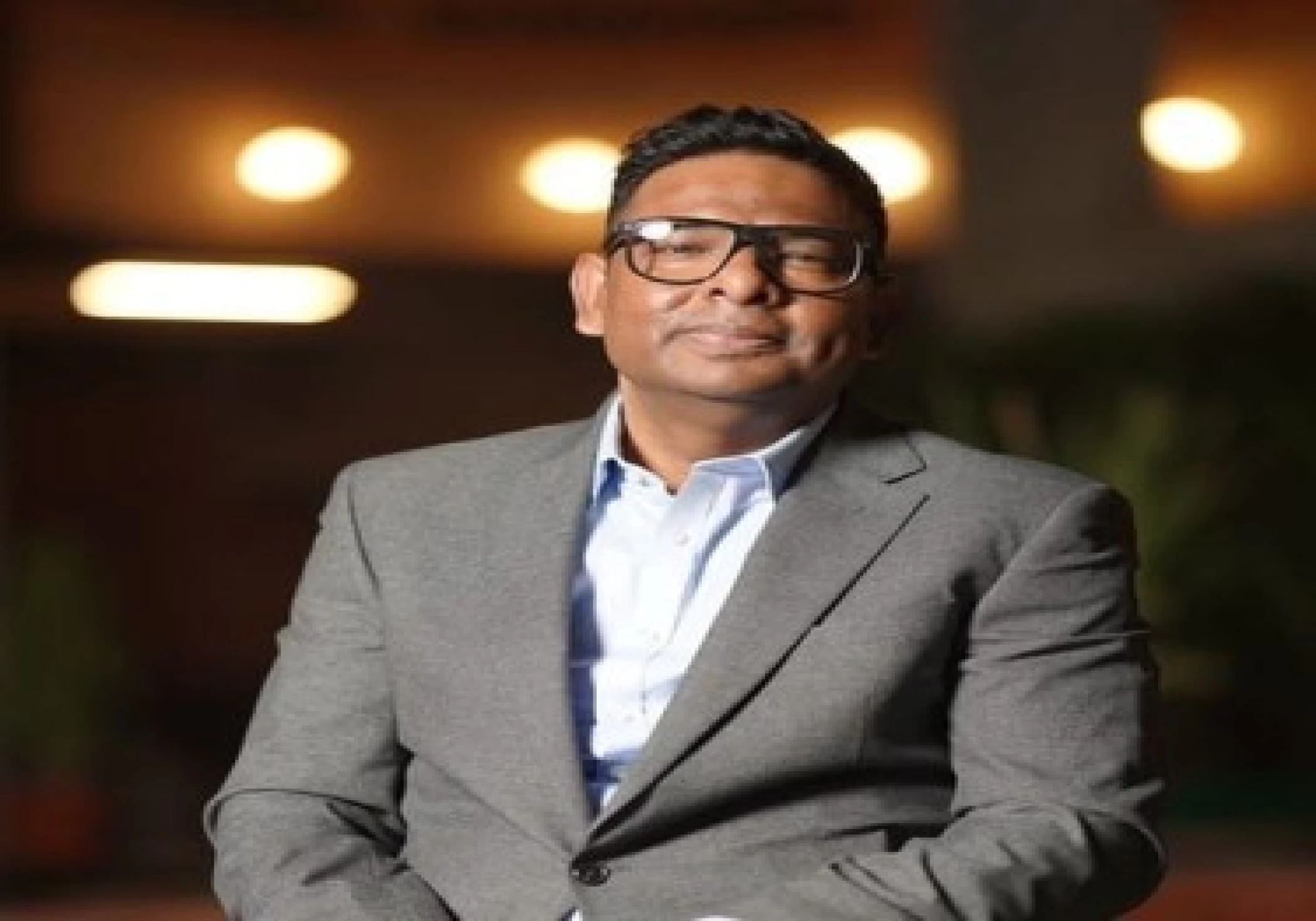
New Delhi: As we commemorate the International Day of Persons with Disabilities (IDPD) under the resonant theme of "United in action to rescue and achieve the SDGs for, with, and by persons with disabilities," the time has come to shift our focus from rhetoric to genuine inclusion. The global narrative echoes the ideals of empowerment and inclusivity, but the reality for persons with disabilities often falls short of these lofty goals. Inadequate data, tokenistic participation, and persistent barriers hinder the full and equal participation of this community.
The Sustainable Development Goals (SDGs) highlight disability inclusion across various fronts, emphasizing equal access to education, inclusive economic growth, reduced inequality, and accessible cities. Goal 17 underscores the importance of data collection, urging Member States to enhance capacity-building support and collect disaggregated data on disability to track progress inclusively. These goals reflect a commitment to leaving no one behind on the path to sustainable development.
A pressing concern that demands our immediate attention is the need for comprehensive and accurate data collection on persons with disabilities. Without reliable data, efforts to allocate resources effectively are akin to shooting in the dark. Data serves as the compass that guides policy decisions, ensuring that the needs of the disability community are not overlooked. The international community must unite in action to create robust mechanisms for data collection, breaking down the invisible walls that impede progress.
In India, there has been a lack of clear focus when it comes to gathering and verifying authentic data about disabled people. And while historically, we did have provisions for data gathering, in a shocking development the recent National Family Health Survey (NFHS) 6 dropped questions related to disability. When questioned we heard excuses ranging from lame to listless! In fact, the 2019-21 NFHS which included questions on disability, had indicated that 4.5% of the population constituted people with disabilities. This was much higher than the 2011 census estimate of 2.2%. We thought this current survey provided a better opportunity to get important data on the access that people with disabilities have to amenities like water, sanitation, mobiles.
The decision to exclude disability-related inquiries from the NFHS survey raises concerns as it seemingly opposes the foundational principle of 2030 agenda of SDG "leave no one behind". This omission not only compromises the comprehensive representation of persons with disabilities but also conflicts with the core tenets of the SDGs, which advocate for the collection of disaggregated disability data. As a signatory to the Convention on the Rights of Persons with Disabilities (CRPD) and committed to the SDGs, India is mandated to gather statistical and research data. These data are crucial not just for statistical purposes but to drive policy formulation and implementation aimed at inclusive development. The absence of disability-related questions in national surveys undermines the country's obligation to ensure equitable representation and informed policymaking, hindering progress towards genuine inclusion and sustainable development.
Creating a database for the disability sector necessitates a coordinated effort on multiple fronts. Each ministry should collaborate to establish a comprehensive database encompassing health, education, employment, and other pertinent domains. This holistic approach ensures a thorough representation of disabled individuals in various aspects, facilitating informed resource allocation.
Inclusion, at its core, means involving persons with disabilities in decision-making processes. However, the current landscape often relegates them to token roles, a symbolic gesture that falls short of meaningful participation. We must move beyond mere representation to genuine involvement, recognizing that the voices of persons with disabilities are not only valid but essential. Inclusion is not a buzzword; it is a commitment to dismantling barriers to participation in every sphere of life.
Lack of awareness and sensitivity remains a stumbling block in our journey towards inclusivity. To bridge this gap, we must invest in the capacity building of persons with disabilities. Empowerment through education and skill development is not charity; it is a strategic investment in unleashing the immense potential within the disability community. By equipping individuals with the tools they need, we enable them to actively contribute to society, breaking free from the shackles of dependence.
India has made commendable strides through the Accessible India Campaign launched in 2015, yet challenges persist. The inaccessibility of public spaces erects formidable barriers, hindering the equal participation of disabled persons. It is imperative to enforce the principles of reasonable accommodation, ensuring that workplaces are designed to provide equal opportunities for all. The RPWD Act of 2016, a powerful legislation globally, is a testament to India's commitment, but the implementation remains a formidable challenge that requires urgent attention.
My personal political ideology is rooted in the belief that true progress is measured by the inclusivity of its strides. Disabled persons should not be reduced to mere inspiration or an afterthought. They are dynamic contributors to society, possessing unique perspectives that enrich the fabric of our collective experience. In embracing a political ideology that champions inclusivity, I advocate for a paradigm shift—from charity-driven approaches to policies that empower individuals with disabilities to be architects of their destinies.
As we stand at the intersection of promise and challenge on this International Day of Persons with Disabilities, the theme of "United in action to rescue and achieve the SDGs for, with, and by persons with disabilities" holds a profound significance. It serves as a call to arms, urging us to go beyond rhetoric and take tangible steps toward genuine inclusion. The journey to true inclusivity begins with a collective determination to dismantle the barriers that persist, and it requires us to transform our aspirations into actions.
The writer is Executive Director, National Centre for Promotion of Employment for Disabled People (NCPEDP)


